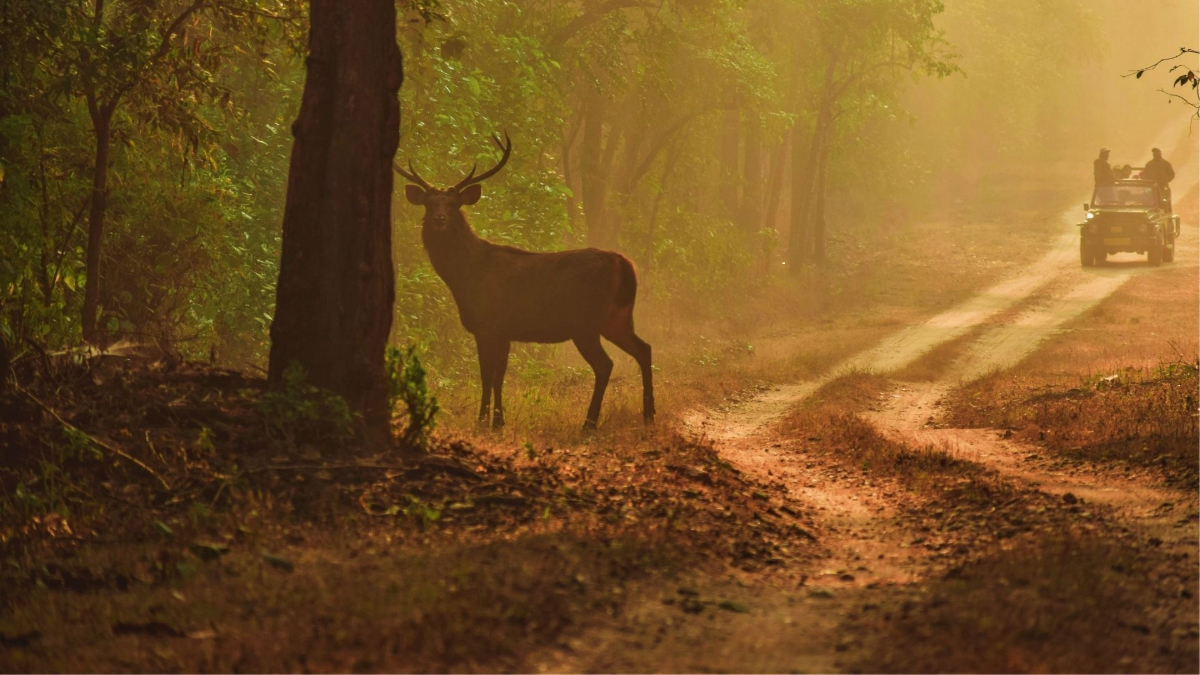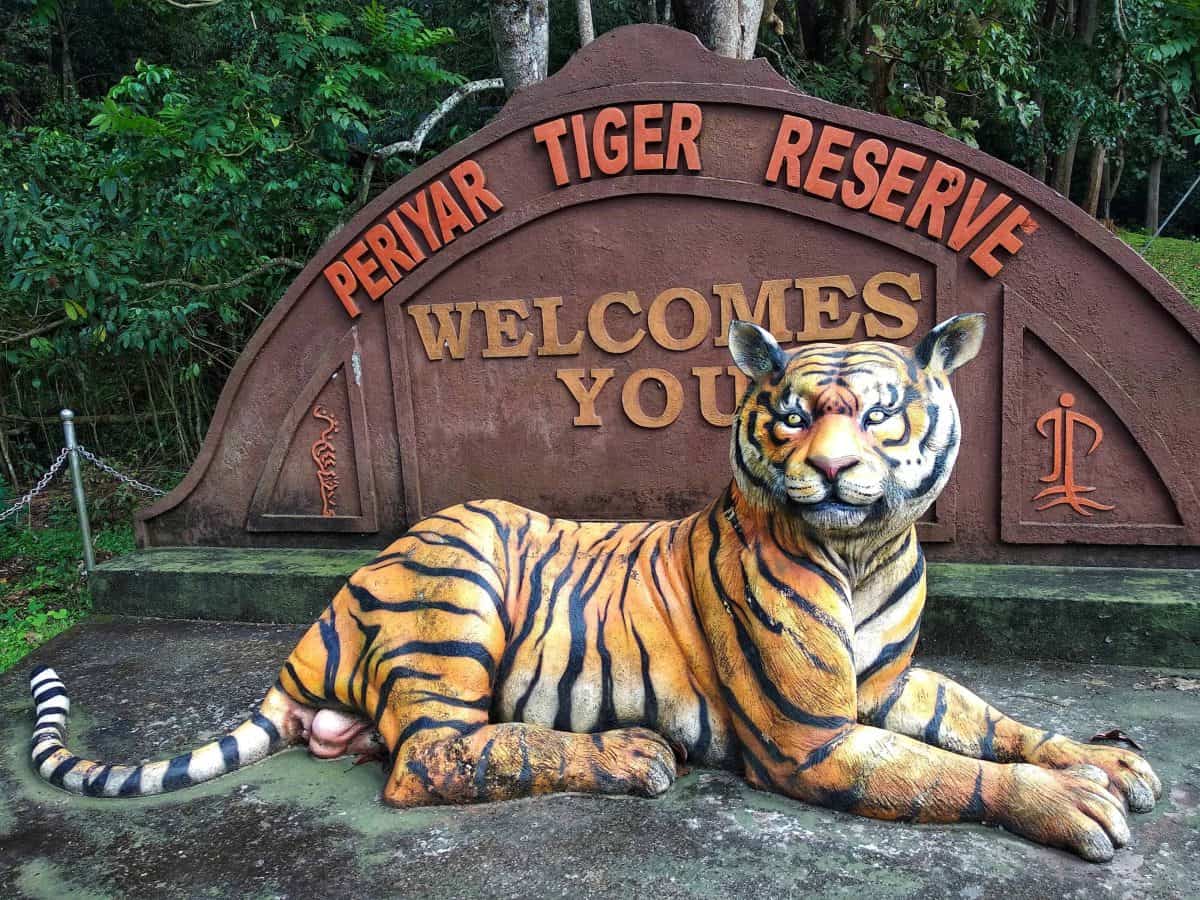India is a wild canvas - home to tigers that prowl through golden grasslands, elephants that disappear into misty forests, and birds that turn every tree into a concert stage. For wildlife photographers, this country is nothing short of a paradise.
But where do you go if you want that shot - the piercing stare of a tiger, the flight of a hornbill, or the curve of a leopard’s tail vanishing into the bush?
We’ve curated the best wildlife photography spots in India, whether you’re chasing predators, birds, or just pure wilderness vibes.
1. Ranthambore National Park, Rajasthan
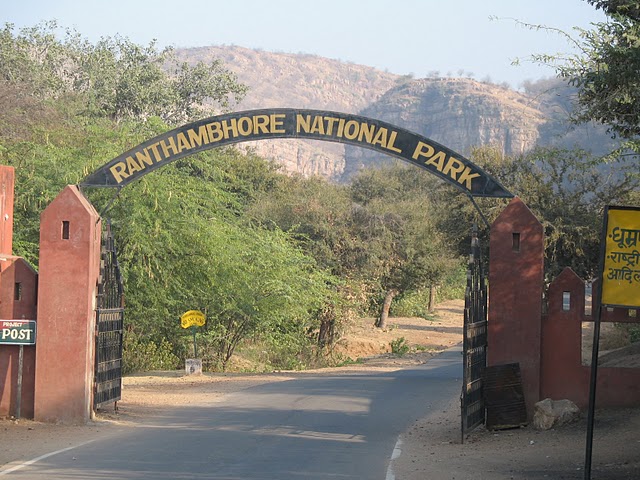
This one’s a legend. With its iconic crumbling fort and dramatic dry forests, Ranthambore is one of India’s most photogenic tiger reserves.
- Famous for: Tigers, leopards, sloth bears
- Best time: October to March
- Why go: Dramatic landscapes + frequent tiger sightings = magic
- Perfect for your tiger safari photography India dreams.
2. Jim Corbett National Park, Uttarakhand
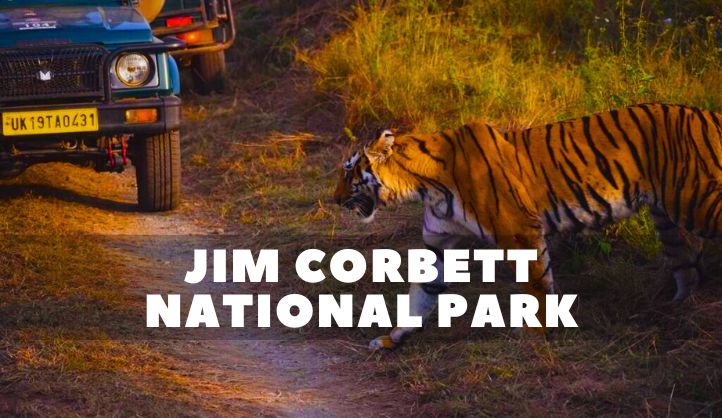
India’s oldest national park offers riverine forests, hills, and open grasslands that make your frames pop with variety.
- Famous for: Tigers, elephants, otters, and gharials
- Best time: November to February
- Why go: Great light, dense wildlife, and quieter zones like Dhikala
If you're looking for a Jim Corbett photography guide, here's the tip: stay inside the core zone for sunrise safaris.
3. Kaziranga National Park, Assam
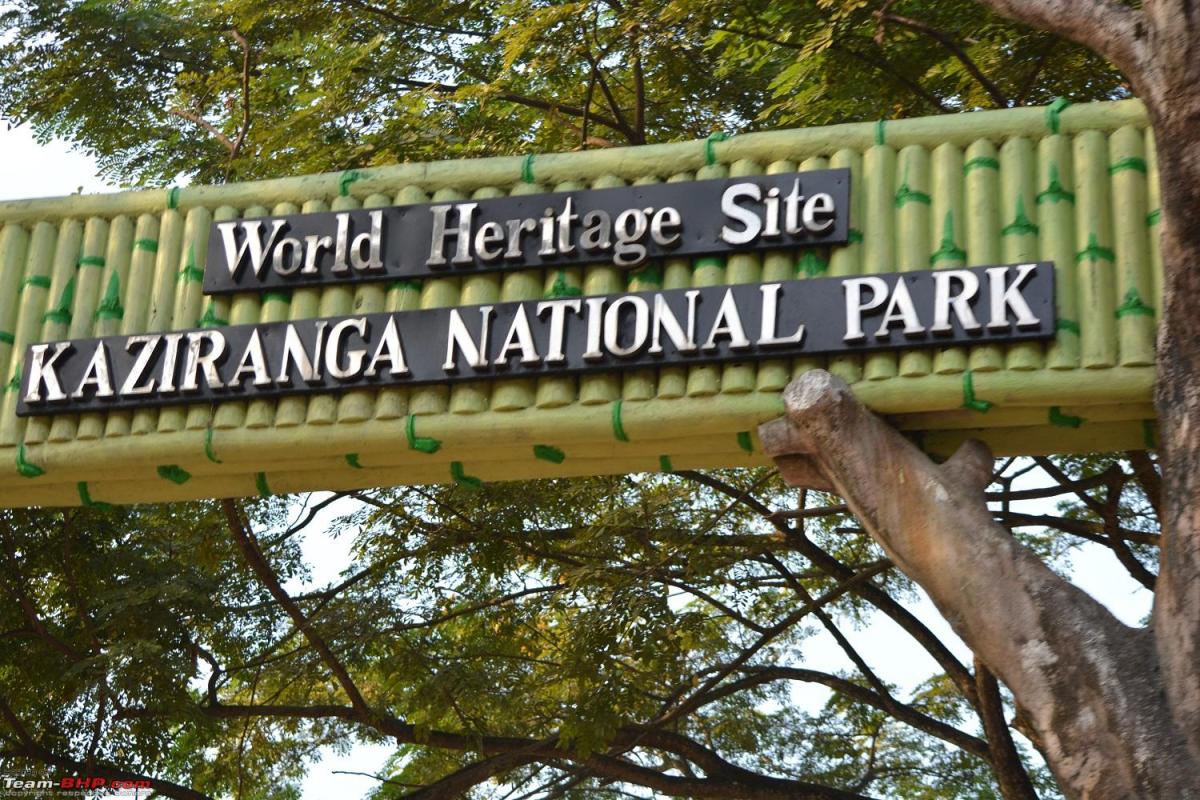
Wild. Wet. Wonderful. Kaziranga’s unique floodplains house the world’s largest population of one-horned rhinos and thousands of migratory birds.
- Famous for: Rhinos, wild water buffalo, elephants, pelicans
- Best time: November to April
- Why go: That early morning fog + rhinos = dream shots
- A must for India wildlife travel photography lovers.
4. Keoladeo Ghana (Bharatpur) Bird Sanctuary, Rajasthan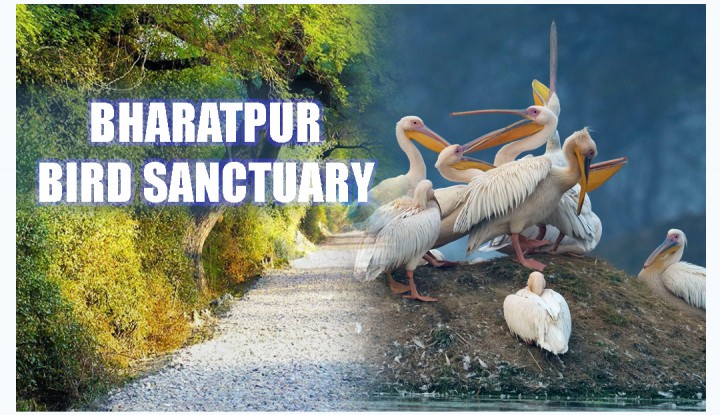
Heaven for bird photographers. Thousands of winged visitors flood Bharatpur every winter.
- Famous for: Migratory birds, cranes, owls
- Best time: November to February
- Why go: You can walk or cycle inside the sanctuary!
- A true gem among bird photography hotspots India.
5. Periyar Tiger Reserve, Kerala
Nestled in the Western Ghats, Periyar is lush, moody, and magical, especially if you like your wildlife wrapped in mist.
- Famous for: Elephants, sambar deer, Malabar giant squirrel
- Best time: October to April
- Why go: Boat safaris with reflections and moody skies
- A dreamy pick for Kerala wildlife photography enthusiasts.
6. Bhadra Wildlife Sanctuary, Karnataka
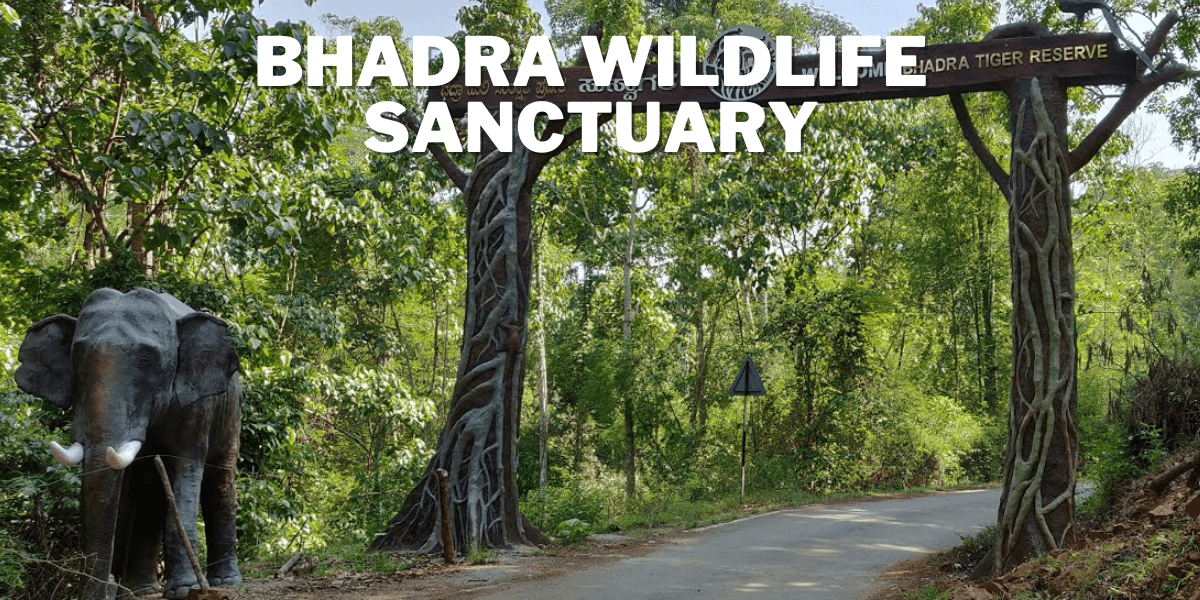
Underrated and peaceful, Bhadra Sanctuary gives you space to explore without the rush of crowded jeeps.
- Famous for: Tigers, leopards, gaurs, hornbills
- Best time: October to May
- Why go: Lesser crowds, dense forests, and golden-hour magic
- Perfect for your Bhadra sanctuary photo guide.
7. Tadoba Andhari Tiger Reserve, Maharashtra
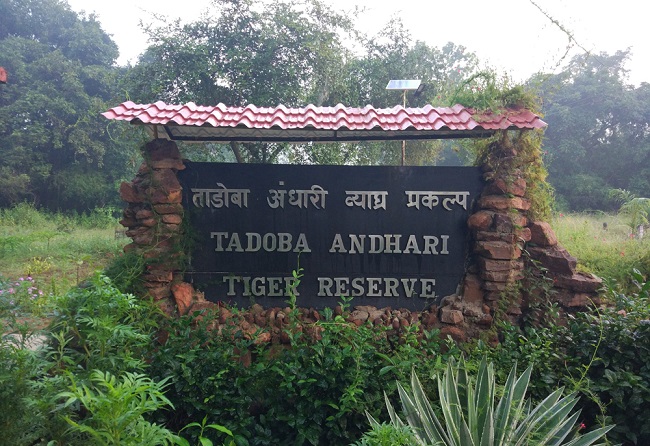
One of India’s most consistent tiger reserves, Tadoba serves intense eye-contact moments on a platter.
- Famous for: Tigers, wild dogs, leopards
- Best time: March to May for sightings, but October to Feb for good light
- Why go: High chances of big cat action
- A top choice for Maharashtra wildlife photo spots seekers.
8. Bandipur and Nagarhole, Karnataka
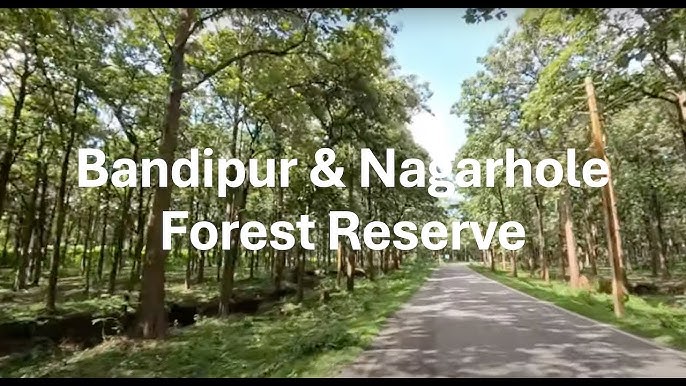
These twin parks in the Nilgiri Biosphere are camera heaven - dense forests, perfect light, and active wildlife.
- Famous for: Elephants, tigers, black panther (Nagarhole)
- Best time: October to April
- Why go: Forest aesthetics that feel like a film set
- A must for safari photography India journeys.
Bonus Tip:
- When to Go and What to Pack
Dry seasons (Oct - April) offer better visibility and animal movement.
Monsoons are off-season but great for wildlife sunset photography India.
- Wildlife gear checklist must-haves: telephoto lens (300mm+), monopod/tripod, dust protection, and a wide-angle for landscapes.
Final Thoughts
Whether you’re a seasoned photographer with a wildlife lens resale India deal or a beginner looking to dip your toes in, India offers incredible options. From tiger reserves to bird sanctuaries, the wild waits for you with open arms.
Remember: the best wildlife photos come from respect, patience, and presence. So go slow, go wild, and let your lens tell a story.


